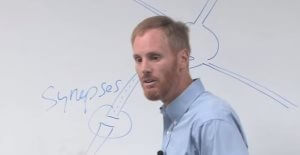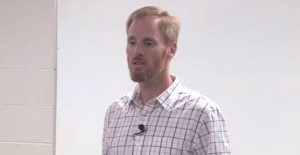5. RELAPSE
Relapse
Dr. Todd Carran is based at TheRidgeOhio.com, based just outside of Cincinnati, Ohio, which is a full service residential drug & alcohol treatment center.
Click the View button below to watch the video
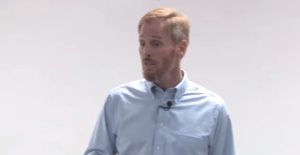
Understanding
Dr. Todd Carran gives an overview of the disease of addiction and briefly introduces the changes in the brain during addiction.
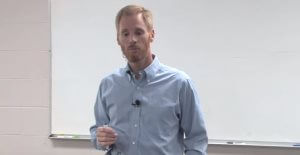
Psychology
Dr. Todd Carran talks about the psychological factors that make people more susceptible to the disease of addiction.
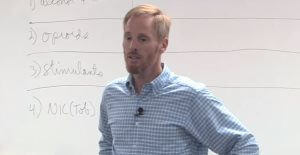
Consequences
Dr. Todd Carran talks about the medical consequences of addiction and its ability to damage every organ system in the body.

Brain Imaging
Dr. Nora Volkow, Director of the National Institute on Drug Abuse (NIDA), discusses what happens in the human brain from addiction to drugs.
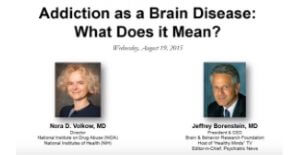
Brain Disease
Dr. Nora Volkow of the National Institute of Drug Abuse (NIDA) presents a seminar on "Addiction as a Brain Disease: What Does it Mean?"

As A Disease
Dr. McCauley presents reasons to consider addiction as a disease, based on the dopamine hypothesis, and how that translates to treatment.



